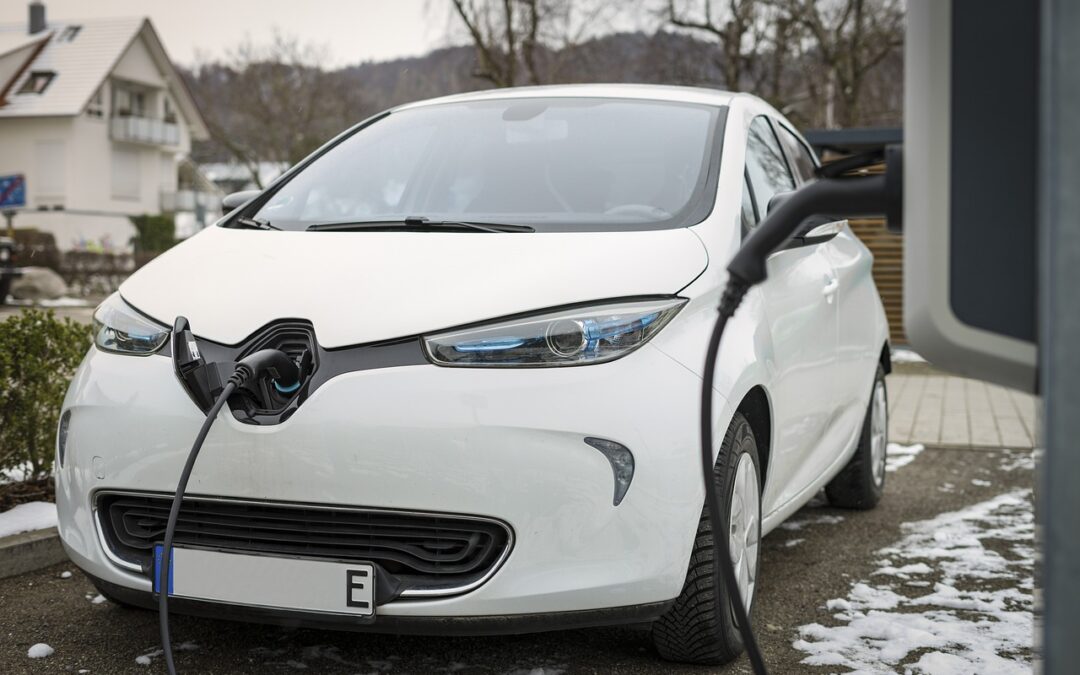Norway’s Electric Milestone: Poised to Be the First Country with More EVs than Petrol Cars by Year’s End
Norway is on the brink of achieving a landmark milestone in the global automotive landscape, potentially becoming the world’s first nation to have a higher number of electric vehicles (EVs) than petrol-powered cars on its roads. This shift, expected as soon as the end of this year, signifies a remarkable transformation in the automotive industry, fueled by a combination of environmental policies, consumer preferences, and technological advancements. The significance of this transition extends beyond Norway’s borders, offering a blueprint for countries worldwide aiming to reduce carbon emissions and combat climate change.
Norway’s Electric Vehicle Revolution
Norway’s journey towards an electric vehicle-dominated road network is a result of a well-orchestrated policy framework, incentivizing the adoption of cleaner, more sustainable modes of transportation. At the outset of the year, an astonishing nine out of ten cars sold in Norway were EVs, a statistic reported by Reuters that underscores the rapid shift in consumer preferences away from traditional internal combustion engine vehicles. This transition is notably supported by Norway’s considerable wealth generated from its oil and gas sectors, paradoxically funding the incentives that are phasing out petrol and diesel cars in favor of electric ones.
The Norwegian government has set an ambitious target to end the sale of petrol and diesel cars by 2025, leveraging tax exemptions, toll waivers, and various other incentives to accelerate the adoption of electric vehicles. This policy framework demonstrates a commitment to environmental sustainability and showcases how nations can leverage economic instruments to foster significant changes in consumer behavior and industry standards.
The Implications of Norway’s Shift
The expectation, as voiced by climate researchers, that by this time next year, battery electric vehicles (BEVs) will outnumber pure-petrol cars on Norwegian roads—and potentially even before the end of this year—is a testament to the effectiveness of Norway’s approach. This anticipated milestone is not just a numerical achievement but a symbol of the shifting dynamics in global transportation, energy consumption, and carbon emissions.

The transition to electric vehicles offers numerous environmental benefits, including reductions in greenhouse gas emissions, decreased air pollution, and diminished reliance on fossil fuels. For Norway, a country known for its stunning natural landscapes and commitment to environmental preservation, the move towards electric vehicles aligns with broader national goals of sustainability and carbon neutrality.
Challenges and Global Implications
However, the shift towards electric vehicles is not without its challenges. The global automotive industry is undergoing a significant transformation, with traditional automakers and new entrants alike grappling with the technological, logistical, and economic challenges of transitioning to electric vehicles. Tesla, once the unchallenged leader in the electric vehicle market, has experienced a notable decline in its global deliveries, attributed to slowing consumer demand and intensifying competition from Chinese EV startups. This development highlights the increasingly competitive nature of the EV market and underscores the challenges established players face in maintaining their dominance.
The situation with Tesla also reflects broader trends in the global automotive industry, where consumer preferences, technological advancements, and policy incentives are rapidly reshaping the competitive landscape. As countries around the world grapple with the imperative to reduce carbon emissions and transition to more sustainable forms of energy, the automotive industry stands at the forefront of these efforts, with electric vehicles playing a pivotal role.
Conclusion
Norway’s anticipated achievement of having more electric vehicles on the road than petrol cars represents a significant milestone in the global transition towards more sustainable modes of transportation. This development, driven by robust policy incentives and shifts in consumer preferences, offers valuable lessons for countries worldwide in leveraging policy and technology to address environmental challenges. As the global automotive industry continues to evolve, the experiences of Norway and the competitive dynamics within the EV market offer critical insights into the future of transportation, energy, and environmental sustainability.


Recent Comments